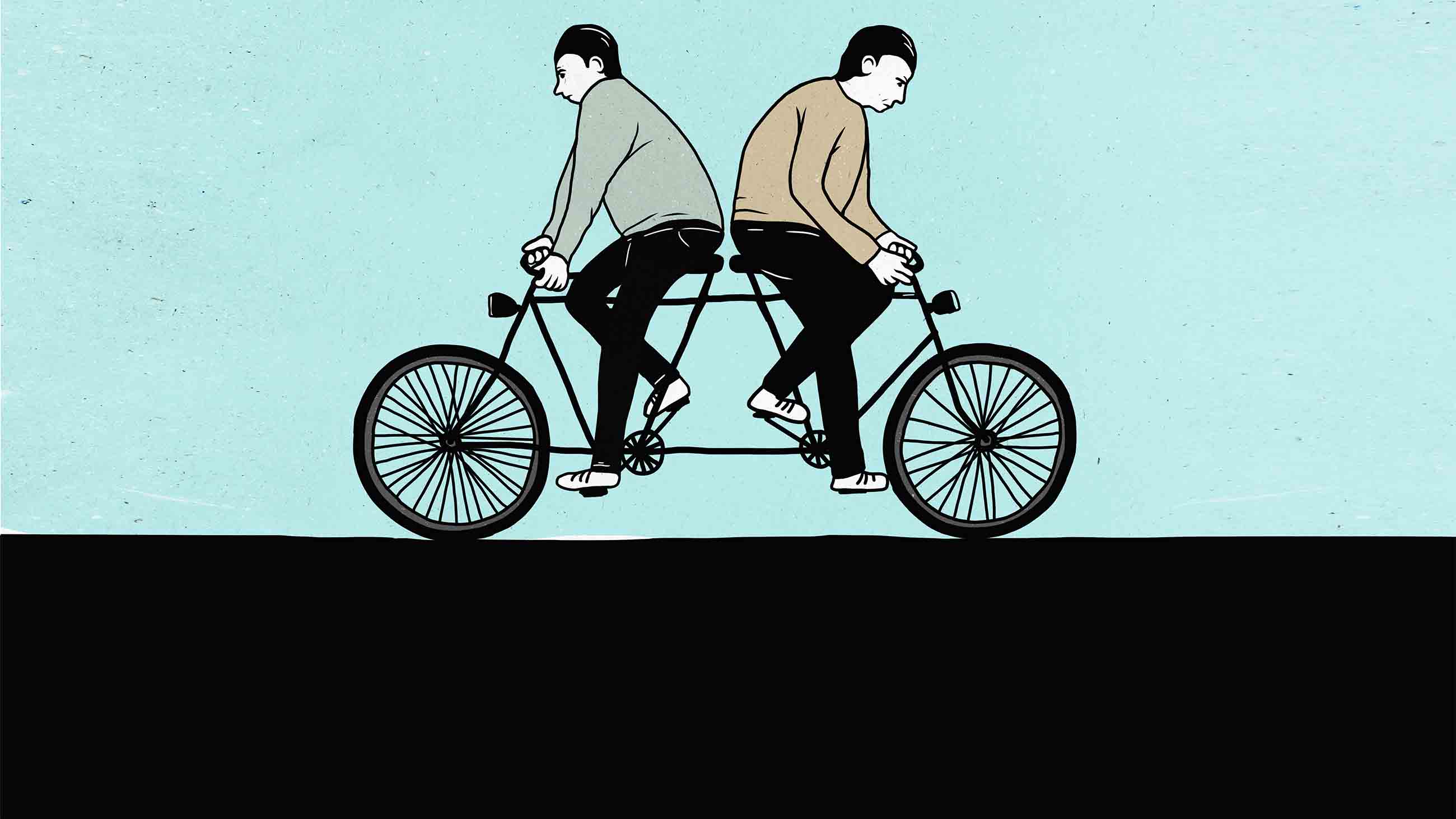To Catch Misconduct, Journals Are Hiring Research Integrity Czars
Scientific journals' creation of dedicated positions for rooting out misconduct before publication comes amid growing awareness of such issues.
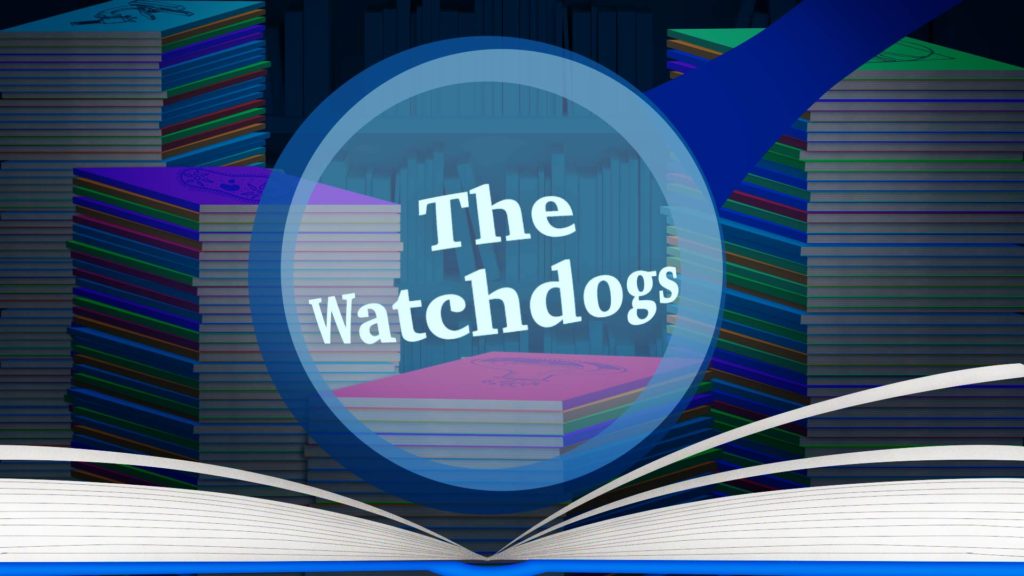
Send us a link
Scientific journals' creation of dedicated positions for rooting out misconduct before publication comes amid growing awareness of such issues.

The new version of the Netherlands Code of Conduct for Research Integrity will be published today.
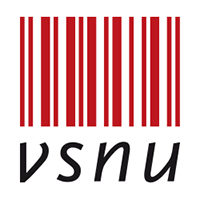
Almost 90% of academic clinical trials are not reported promptly to European registry.

Scientists have the public’s trust, so the swell of fake news shouldn’t put them off communicating, says CEO of Science Media Centre.

The battle for evidence-based reason may have to move elsewhere, says Jenny Rohn.

How the World Academy of Science, Engineering and Technology became a multimillion dollar organization promoting bullshit science through fake conferences and journals.

A Guardian investigation, in collaboration with German broadcaster Norddeutscher Rundfunk, reveals the open-access publishers who accept any article submitted for a fee.

University manipulated test scores for more than a decade to ensure more men became doctors.

An ambitious project that set out nearly 5 years ago to replicate experiments from 50 high-impact cancer biology papers, but gradually shrank that number, now expects to complete just 18 studies.
Oaths have their value, but checklists will help put principles into practice.

What are researchers to do when they lose confidence in their previously published work? A new project has an answer. Will it help the replication crisis?

New national guidelines spell out punishment for plagiarism, fabrication of data and research conclusions, ghostwriting and peer review manipulation.
LERU's paper discussing the eight pillars of Open Science identified by the European Commission: the future of scholarly publishing, FAIR data, the European Open Science Cloud, education and skills, rewards and incentives, next-generation metrics, research integrity, and citizen science.
In June 2017, PSI was made aware of allegations that members of its staff had submitted an article containing aspects of scientific misconduct to a scientific journal. A preliminary review by experts showed that the allegations raised were solid.

Balancing due process with the academic community's right to know is no easy task, but critics say more could be done to weed out bad actors. Many universities halt investigations after an accused scientist departs, leaving future employers blind to the researcher’s history of allegations.

A bit over 20 years ago, in February 1998, Andrew Wakefield published his infamous article in Lancet, which was eventually retracted in 2010. He stated that "onset of behavioural symptoms was associated, by the parents, with measles, mumps, and rubella (MMR) vaccination in eight of the 12 children."

Questionable research practices are not fraud, and they're not cause for panic. But they do give us some hints about how we can make science more robust.
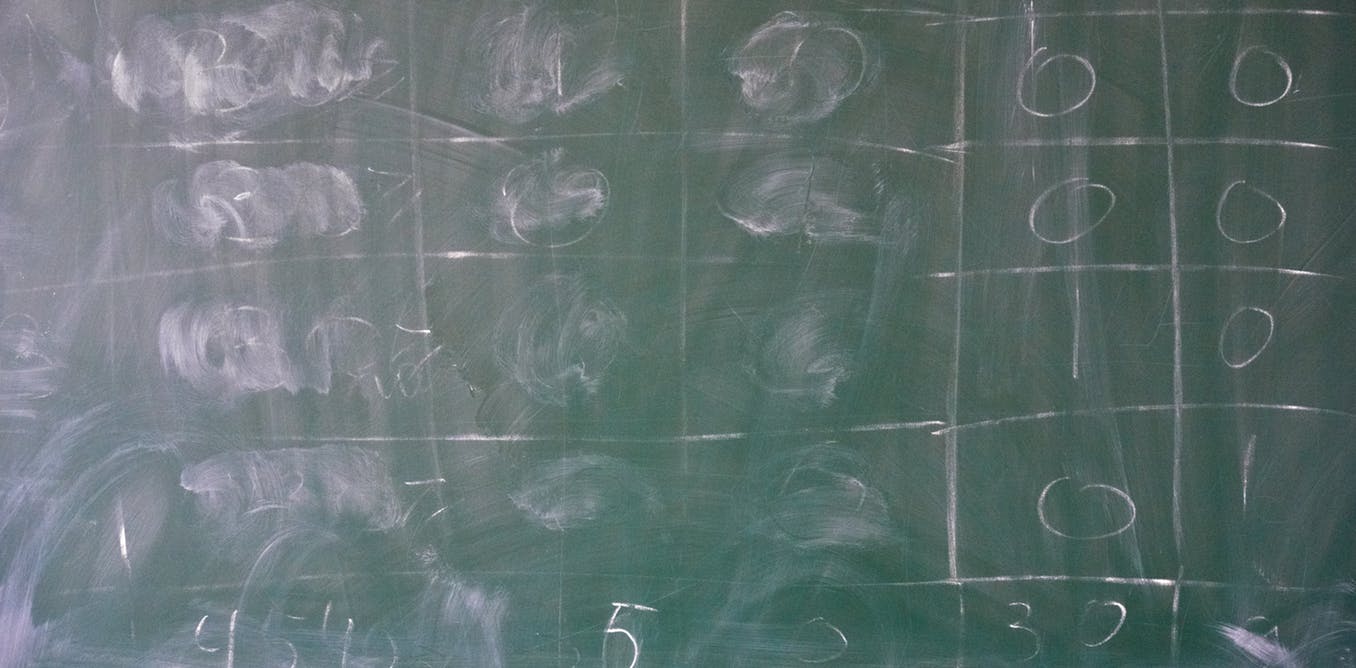
After discovering a pattern of fraudulent papers from China, an Australian oncologist aims to expand her watchdog project and keep the retractions coming.

John Ioannidis discusses the potential effects on clinical research of a 2017 proposal to lower the default P value threshold for statistical significance from .05 to .005 as a means to reduce false-positive findings.
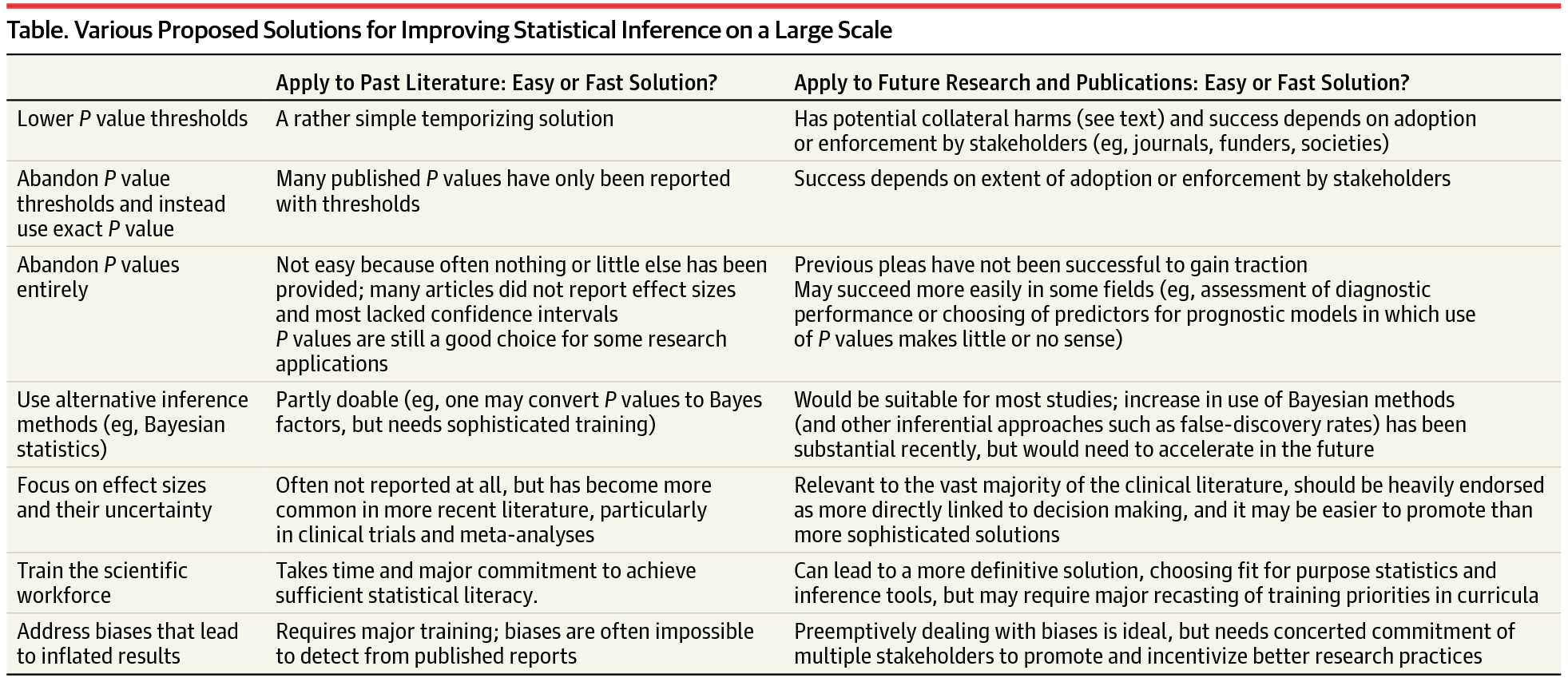
That's a myth, as Daniele Fanelli of the London School of Economics suggests in this week’s PNAS.
Should we treat preprints the same way that we treat reviewed and published material? If so, how can we make that clear to readers?

On the inadequacy and lack of transparency of most research institutions’ responses to allegations of research misconduct.
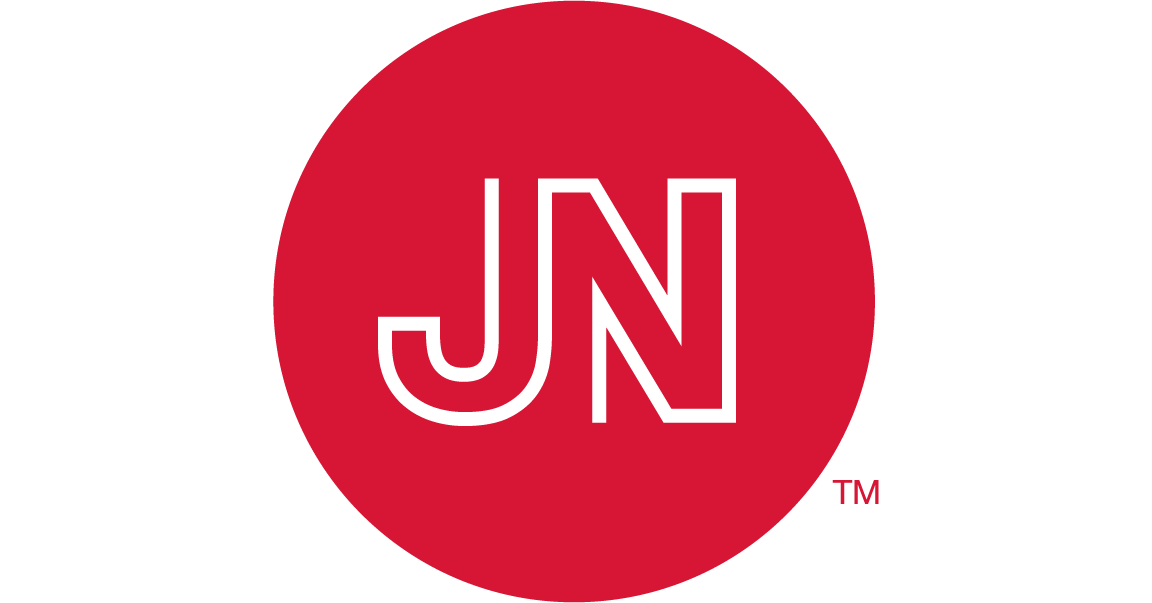
Widespread adoption of preregistration will increase distinctiveness between hypothesis generation and hypothesis testing and will improve the credibility of research findings.
Internal and external pressure drive a rush toward prestige.

Some scientists say they should have the right to review stories in which their work or words are covered prior to publication. Journalists disagree.
